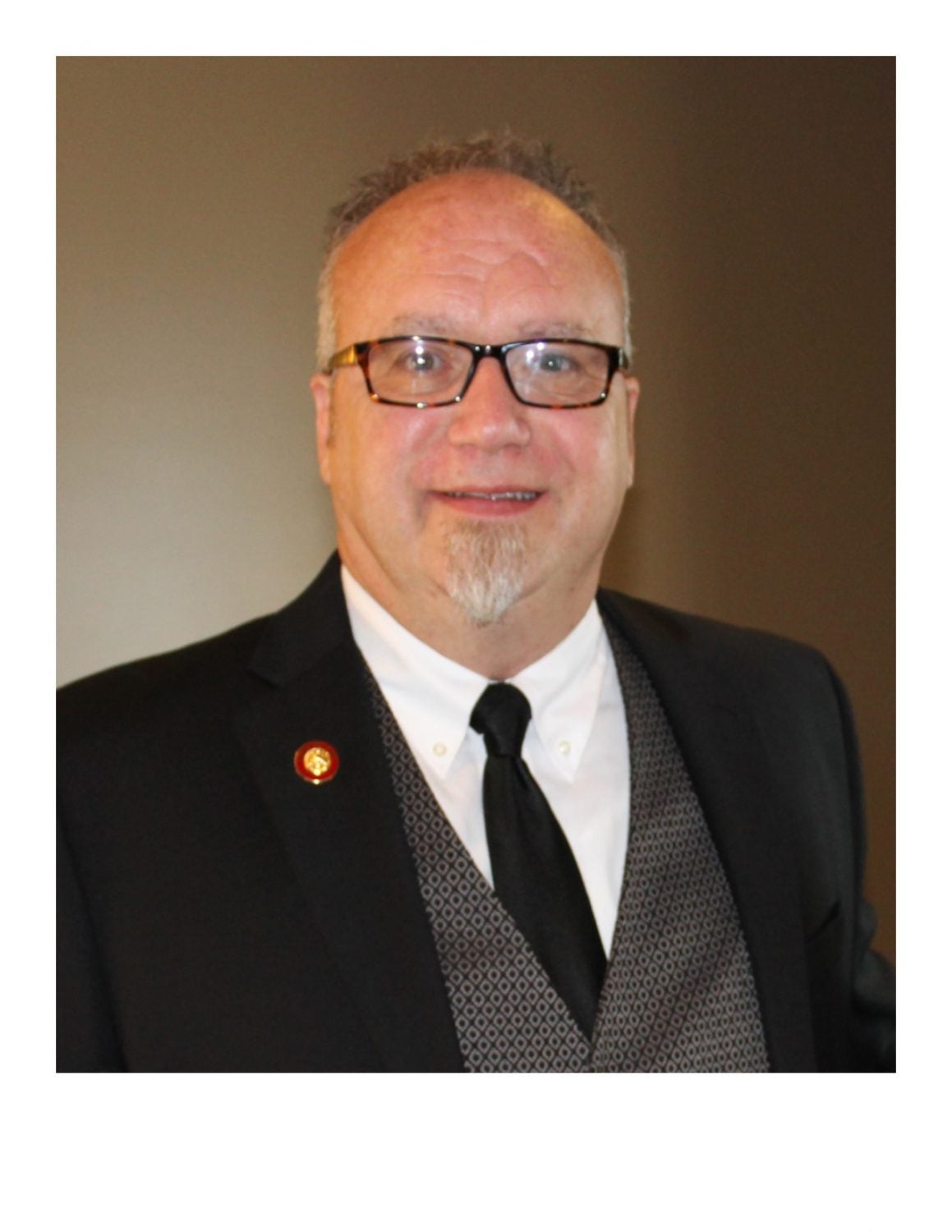JESSIE: Talking to your children about race
Published 8:08 pm Thursday, June 11, 2020
|
Getting your Trinity Audio player ready...
|
There are more than 7.5 billion people in the world of all different shapes, sizes and colors.
While we may live in a community in which all the people look similar, you don’t have to travel far to see someone who may look different than you.
Differences should be explored and celebrated as an opportunity to grow in our understanding of others, making it important to talk with our children about race.
Race is a term used to describe each of the major divisions of humankind, having distinct characteristics such as skin color.
Here are some ideas to consider when preparing for this important conversation.
What do you think? Take a few moments to stop and ponder your own beliefs and curiosities about race.
Do you talk about race in your home? What races do you and your child see? What does your child hear about race at school and at home?
Understanding what messages you believe and share concerning race can help you determine if you also need to learn more about different perspectives.
Use history. It can be helpful when talking to your child about race to use historical accounts of how others have been treated differently and often mistreated because of their race.
Discuss the importance of growing in understanding of others to reduce fear of the unknown.
Let children know that when we get to know people, we often find that they share our same feelings and interests.
Don’t stop the conversation. Children often speak their minds unaware of social miscues, which can lead to them saying things that are insensitive, embarrassing or downright racist.
If this happens in your home or in public, don’t shut the conversation down, but rather explore why they said what they said.
Ask them, “Where did you hear that?” Give them a chance to explain what they mean, as children often don’t clearly communicate what they mean the first time they try.
Engage their curious minds and help them navigate their social encounters.
Allow this conversation to organically lead to healthy conversations about race and the importance of being kind.
Keep in mind that this is not a one-time conversation, but rather an ever-evolving one in which we learn throughout our lifetime. This conversation has no easy tips or tricks.
Be the example. If you are urging your child to have diverse friend networks, then you too should be growing a diverse social group.
Young children need caring adults to help them identify a positive self-image and a respectful understanding of others.
By diversifying your friend group, your child will automatically be exposed to different races and see the beauty and enrichment they bring to our life experience.
It is important to remember that while these conversations may not be easy, they are necessary and well worth our effort.
Karli Jessie is the agent for family and consumer sciences at the Jessamine County Cooperative Extension Service. She can be reached at karli.jessie@uky.edu.






